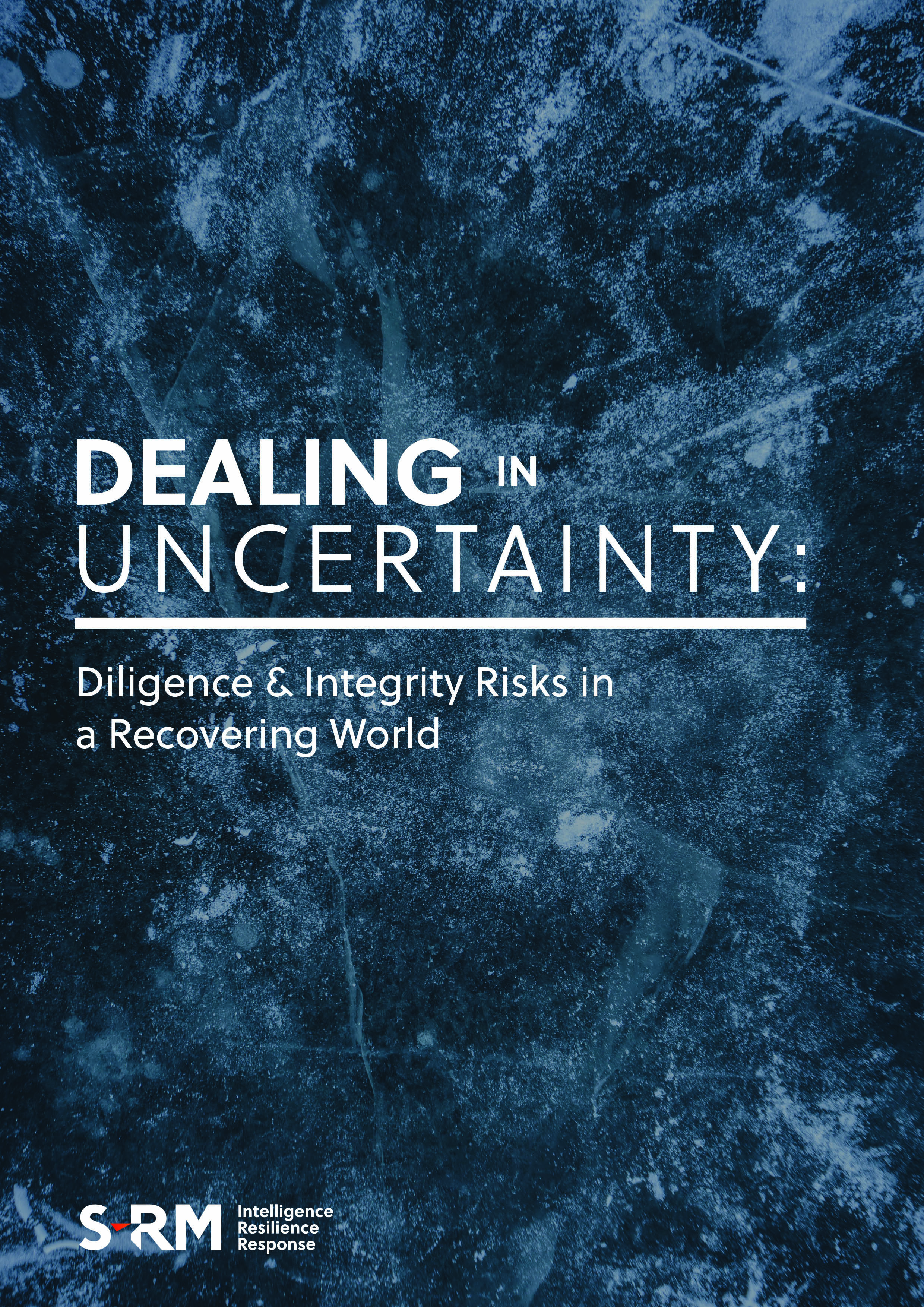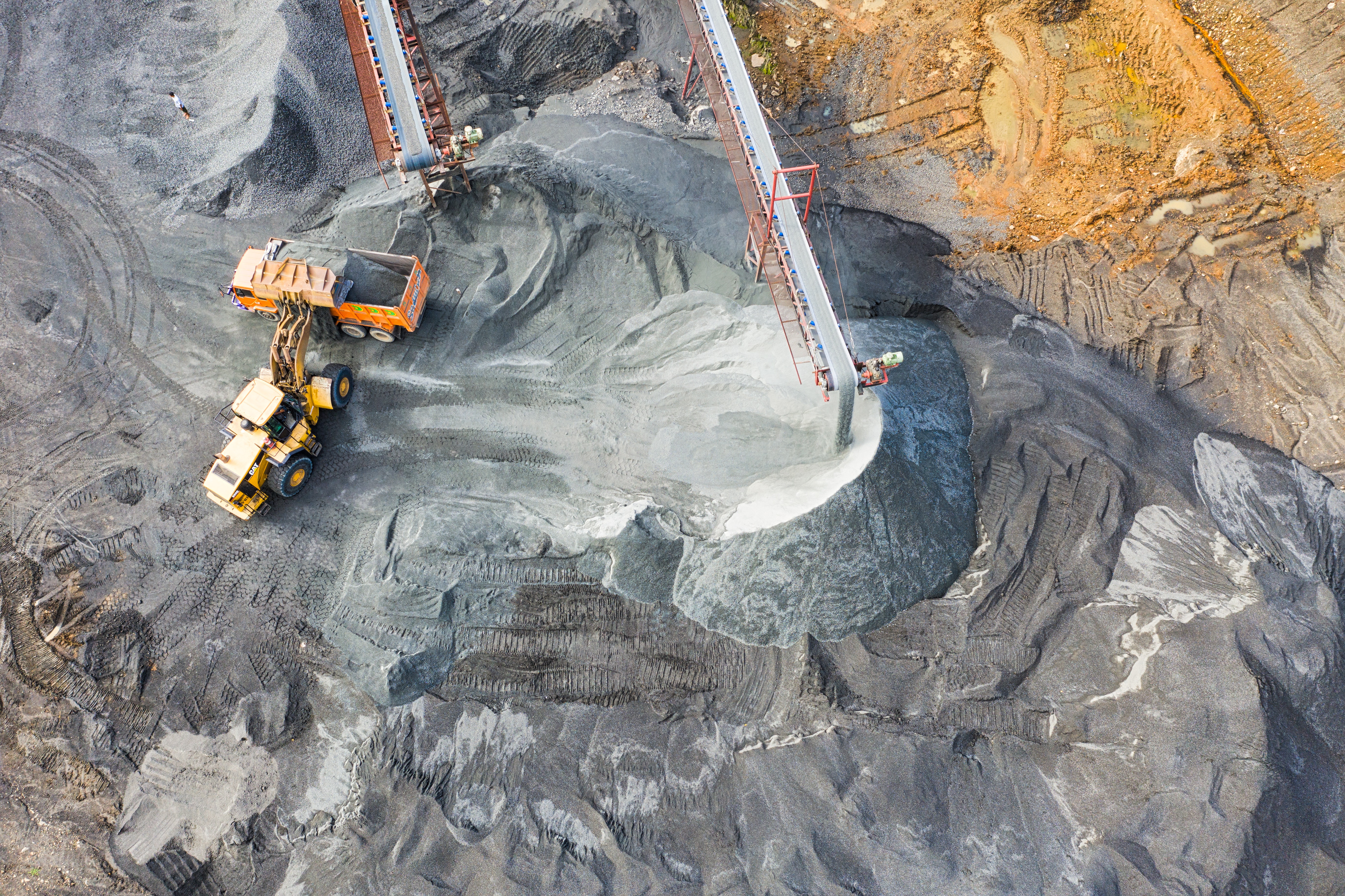Robust operational due diligence forms a key part of any successful fund manager selection. It is used to assess operational competence and governance, whether a general partner (GP) will be the right professional fit and confirm the ability of the fund management team to execute its investment strategy.
However, several game-changing moments in GP due diligence over recent years have shone a spotlight on the need for a more rigorous and transparent understanding of fund managers. It has been three years since the collapse of the Abraaj Group; criminal prosecution is ongoing and liabilities are still being unwound.
Lessons heeded include the need for greater transparency and improved limited partner (LP) rights, as well as more rigorous governance and scrutiny applied to GPs and the advisory companies that support them. Regulatory and cultural change in the industry has traditionally been slow to occur, but we are beginning to see signs of change, with closer attention paid to due diligence and governance.
Challenges to the Fundraising Environment
Contrary to some initial expectation, fundraising has maintained a strong trajectory over the last 12 months and funds need to compete for capital. But the Covid-19 pandemic has created an undeniable period of uncertainty and the switch to remote fundraising has, for some investors, resulted in a ‘flight to familiarity’.
One private market investment manager confirmed that over the last year they have largely stuck with existing fund managers with whom they have worked before and are comfortable. Figures from Private Equity International show that despite 2020 showing the third-highest private equity fundraising since 2015, the number of funds closed dipped to its lowest level over that period.
The virtual working environment has made it harder to get a feel for a fund’s culture and left many feeling they cannot sufficiently diligence to reach an acceptable level of risk. Another institutional investor added that they have felt impeded in developing more creative capital allocation strategies as a result of the remote fundraising environment. This not only inhibits an LP’s opportunity to diversify their portfolio, but also poses a problem for some of the industry’s less established and emerging fund managers. With LPs looking for more clarity, reassurance and certainty on these lesser known entities, third party due diligence investigations have a role to play in providing on-the-ground insight.
Quantitative Data Needs to be Matched by Qualitative Due Diligence
Face-to-face meetings will undoubtedly resume in the near future and will remain a core part of the diligence on a new fund, but the increased availability of data and acclimatisation to remote conversations means investors are realistically asking themselves if they need to do quite as much costly and time consuming face-to-face diligence as they used to.
Instead we have seen an increase in data requests, with more material put into data rooms and more desktop due diligence possible. EMPEA’s Global Limited Partners Survey 2020, for example, found that GPs are consistently seeing an increase in the amount of information requested by LPs. One fund manager said they had seen a real uptick in both the volume and extent of investor questions over the latter half of 2020 in particular.
"Discreet independent enquiries with former employees and colleagues, as well as portfolio companies, can, for example, uncover issues regarding key executives’ track records and approaches to negotiations and governance, to help inform the LP’s decision on allocating capital or to adjust their LPAs."
Still, a large amount of this due diligence is conducted via self-declaration and verification, followed up by interviews conducted internally by the LP or their advisors. However, we are seeing a growing demand for third party evidence-based due diligence, done outside of the GP ecosystem.
Sometimes this is borne out of unfamiliarity with a new sector or region, or because of specific behaviour, such as delays in responding to investor questions or where information has not been independently verified. However, third party evidence-based due diligence is a sign of best practice, which enables LPs to rely more confidently on the findings from demonstrably independent parties and rework limited partnership agreement (LPAs) accordingly, as well as protect their reputation if things do go wrong.
With plentiful quantitative data at their fingertips, this due diligence is predominantly focused around qualitative questions of reputation, governance and integrity of fund managers and key individuals within. Discreet independent enquiries with former employees and colleagues, as well as portfolio companies, can, for example, uncover issues regarding key executives’ track records and approaches to negotiations and governance, to help inform the LP’s decision on allocating capital or to adjust their LPAs.
The collapse of the Abraaj Group highlighted issues regarding dominant personalities riding roughshod over compliance functions, for example. However, discreet investigations can also provide insight on chains of accountability, poor communication or the experience of key executives at previous funds.
ESG Due Diligence Gathers Momentum
As the ESG movement continues to gain momentum, environmental, social and governance considerations are increasingly appearing in investor due diligence questionnaires (DDQs). However, again, LPs largely rely on disclosure and self-verification to try and gain a sound understanding of how a fund manager integrates ESG concerns into the investment decision-making process.
Those LPs with a clear ESG mandate need to see evidence from a fund manager as part of routine fundraising of how ESG policies are integrated into core fund procedures. Expectations on GPs are only set to increase. In the UK, for example, several pension funds are pushing for a clearer ESG regulatory framework to enable them to allocate capital in an ESG-focused manner.
"Almost half of investors expect their ESG investing in private equity to increase over the next two to three years...however just 38 percent of ESG policies currently include regular external reporting to investors"
According to EY’s 2021 report Are you exploring the future or just visiting?, almost half of investors expect their ESG investing in private equity to increase over the next two to three years. However, the same report found that just 38 percent of ESG policies currently include regular external reporting to investors.
Even if an investor has no specific ESG mandate, GP practices in this area still impact on decision-making from a risk management and exit perspective. The EMPEA Global Limited Partners Survey 2020, for example, found that 55 percent of respondents that had no clear ESG restrictions in terms of capital allocation nevertheless still considered a GP’s ESG policies and approach as part of their fund selection process.
However, disclosures and self-reporting only go so far, particularly as global momentum is shifting towards a more robust and verifiable ESG approach. Again, due diligence has a role to play here, providing an independent third-party assessment of a GP’s ESG commitment, measurable through both its own practices and those of its portfolio companies. The varied nature of these businesses means that practices and policies must meet not just the LP’s ESG requirements and industry standards, but also be suitable to the regional environment.
Signs of Regulatory Shifts
The Abraaj collapse highlighted the problem of an overly structured fund falling through the gaps of various national regulatory regimes. However, challenges of resourcing, competing interested parties and the need to remain an attractive jurisdiction to domicile a fund make substantive change at a national level difficult.
No country is willing to take a lead and an absence of regulatory intervention means that the impetus for performing robust diligence on a fund manager will remain with the investor for the foreseeable future. It is therefore down to investors to push GPs to prove they are adhering to the highest international standards, regardless of where they are domiciled. This means fund managers being able to show that they are also hiring independent auditors, lawyers and fund administrators who adhere to these same standards.
But there are some signs of regulatory shifts in support of greater transparency and responsibility for GPs:
- The US-based Institutional Limited Partners Association (ILPA) issued its Principles 3.0 in June 2019 for the private equity industry, seeking to improve transparency and governance at the GP level, among other provisions. The standards are the first such provisions drafted by ILPA for eight years and seek to change the dynamic between GPs and LPs.
ILPA has also offered its support to a 2019 bill, the Investment Adviser Alignment Act, along with several major institutional investors, which calls for minimum standards for the industry, including requiring GPs to disclose deficiency letters and communications with the Securities and Exchange Commission (SEC) to LPs. ILPA is also calling on the SEC directly to establish minimum standards for the industry. With a new chairman-designate in Gary Gensler, who has a reputation for aggressive enforcement, there is speculation that the SEC could focus on reforming the practices of private equity and ramping up its enforcement regime.
- Looking to the UK, LP confidence will be bolstered by the fact that any private equity firm regulated by the FCA must now comply with the Senior Managers and Certification Regime (SMCR). The rules, which were initially intended to come into force from December 2020, will now be implemented from 31 March 2021, with the extra time given so firms had regulatory breathing space during the Covid-19 pandemic.
The SMCR requires, among other things, firms to allocate specific responsibilities to members of its senior management, potentially requiring changes to governance materials, processes and compliance procedures. The focus here is on enhanced individual accountability.
If a firm breaches one of the requirements of the SMCR, the senior manager responsible for that area can be held accountable if they did not take reasonable steps to prevent or stop the breach. Private equity firms, for example, were already required to have a designated head of compliance, but this individual must also now hold specific responsibilities and FCA approval as a senior manager.
The gradual implementation of the SMCR has given GPs sufficient lead time to implement the requirements, enabling firms to factor it into their annual compliance processes and minimise disruption. The regime also retains the flexibility to allow for different types of governance structure and many of the good fund managers have found they were already doing many of the right things, such as robust and independent background checks on new hires.
Whilst not revolutionary in its outlook, the SMCR is more about prompting behavioural change and fostering a more transparent and responsible culture within firms, as well as adding teeth to any enforcement. This shift brought about by the SMCR should improve the relationship with investors and support the operational due diligence process.





 Email Natalie
Email Natalie




 @SRMInform
@SRMInform
 S-RM
S-RM
 hello@s-rminform.com
hello@s-rminform.com

